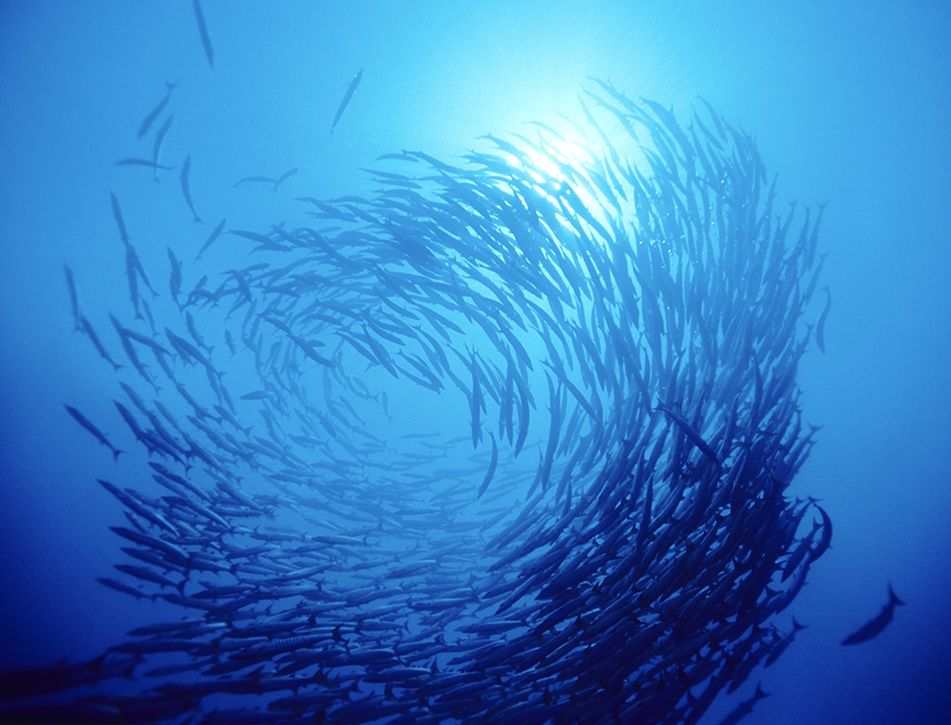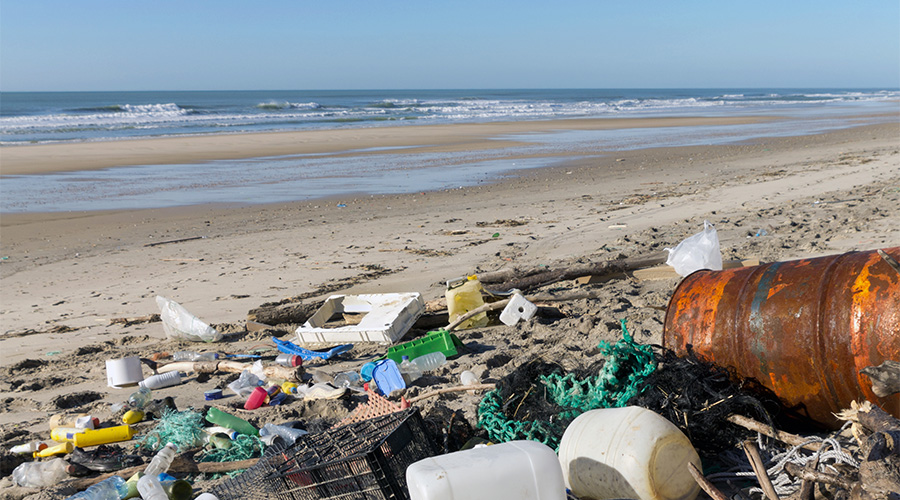The high seas constitute nearly half of the Earth’s surface and two-thirds of the global ocean, providing an estimated 95% of the habitat occupied by life on Earth. They are critical for a range of ecosystem services yet are increasingly under threat due to human activity and a lack of coordinated international governance to sustainably manage their resources. The UN Biodiversity Beyond Natural Jurisdiction (BBNJ) Agreement, adopted and opened for signature in 2023, seeks to address this need for greater international coordination to conserve the high seas.
Once ratified, one of the major achievements of this Agreement will be the establishment of a legal basis for creating area-based management tools, including marine protected areas, in waters beyond national jurisdiction. This Royal Society policy note presents developing areas of scientific consensus regarding the identification of candidate sites for establishing area-based management tools under the BBNJ Agreement.
Key findings:
- Building on existing knowledge: the development of site selection processes under the new BBNJ Agreement should build on expertise from other existing Conventions
- Building a strategic scientific agenda: implementation of the BBNJ Agreement will require a strategic approach to coordinating international scientific research and providing necessary data
- Anticipating and managing large volumes of marine data: research and policy communities should anticipate and prepare for the large volumes of marine data that will be associated with the rapid expansion of marine observation technologies
- Accounting for uncertainties: uncertainties within the evidence base should be clearly articulated, with a precautionary approach at the core of decision-making. Site identification should be adaptive and iterative


